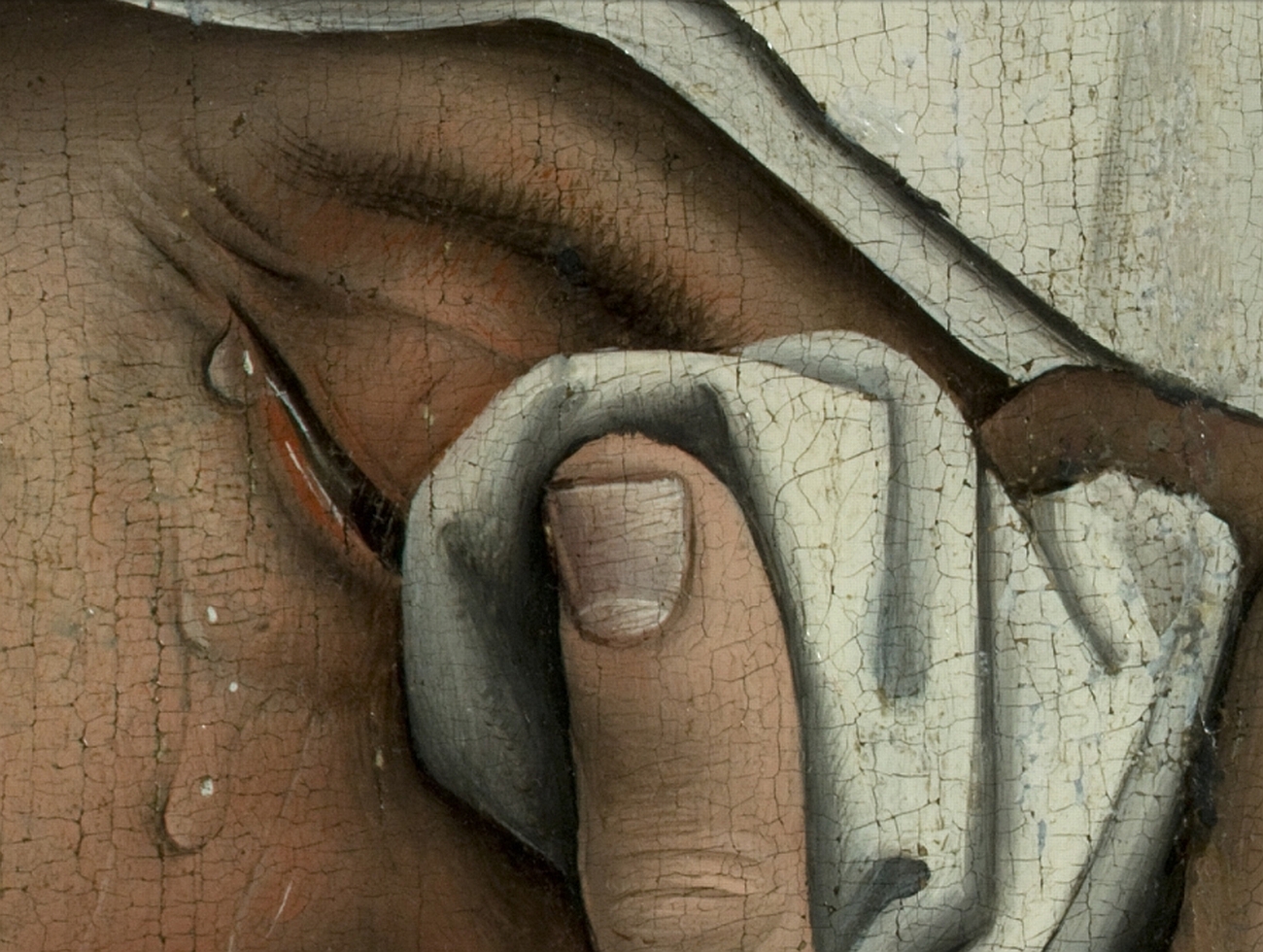I wept when I first heard meditation teacher Tara Brach tell this story written by author Bruce Holland Rogers:
“When he was very young, he waved his arms, snapped his massive jaws, and tromped around the house so that the dishes trembled in the china cabinet,” Rogers writes in a short story called “Dinosaur.”
“‘Oh, for goodness’ sake,’ his mother said. ‘You are not a dinosaur! You are a human being!’
Since he was not a dinosaur, he thought for a time that he might be a pirate. ‘Seriously,’ his father said to him after school one day, ‘what do you want to be?’ A fireman, maybe. Or a policeman. Or a soldier. Some kind of hero.
But in high school they gave him tests and told him he was good with numbers. Perhaps he’d like to be a math teacher? That was respectable. Or a tax accountant? He could make a lot of money doing that. It seemed a good idea to make money, what with falling in love and thinking about raising a family.
So, he became a tax accountant, even though he sometimes regretted it, because it made him feel, well, small. And he felt even smaller when he was no longer a tax accountant, but a retired tax accountant. Still worse: a retired tax accountant who forgot things. He forgot to take the garbage to the curb, to take his pill, to turn his hearing aid on. Every day it seemed he forgot more things, important things, like where his children lived and which of them were married or divorced.
Then one day, when he was out for a walk by the lake, he forgot what his mother had told him. He forgot that he was not a dinosaur. He stood blinking his dinosaur eyes in the bright sunlight, feeling its familiar warmth on his dinosaur skin, watching dragonflies flitting among the horsetails at the water’s edge.”
I cried because I’d spent so much of my life trying to make other people happy.
I’d half-assed college just enough to keep my parents and the professors off my back. I’d worked in the tech industry for seven years because it made me appear successful.
Not everyone can get paid to do the work they love, of course. That’s a fact of capitalism. Only a few get the freedom of owning their own business, while the many have to work for them. So, we shouldn’t shame people for not “doing what they love,” because they can’t.
But what Rogers’s story is really getting at is that the life we want is about being emotionally vulnerable, and I’d rarely been that either.
I’d stumbled through romantic relationships on autopilot, never really saying what I felt. I’d loved, missed, and been angry at friends so many times without saying a word about it.
“Vulnerability is uncertainty, risk, and emotional exposure,” says professor and social worker Brené Brown.
That doesn’t sound so good. Who wants to feel the discomfort of being exposed?
But now I know it’s worth it. On the other side of that discomfort is what we’re all searching for: feeling alive.
“I spent a lot of years trying to outrun or outsmart vulnerability by making things certain and definite, black and white, good and bad,” Brown says. “My inability to lean into the discomfort of vulnerability limited the fullness of those important experiences that are wrought with uncertainty: love, belonging, trust, joy, and creativity to name a few.”
Being vulnerable is hard because, even if we weren’t abused as a child, we learned early on that we couldn’t really be ourselves. When we showed our true self, we were shamed, ignored, or simply not understood by our parents and other adults.
This caused us to hide parts of ourselves and lead with other parts that we thought might get us attention. We started acting certain ways to avoid getting hurt again.
The problem is, when we hide our parts — our wildness, our curiosity, our passion — we aren’t vulnerable. We aren’t truly open to the possibilities of this one life we’re lucky to have. Sure, we don’t feel pain as often, but we don’t feel pleasure either. And worse, we suffer.
So, how does one actually be more vulnerable? How does one lean into the discomfort?
That’s a question with a lifelong answer. But it starts with noticing when we’re trying to appear a certain way to other people. Noticing when we’re trying to make things “certain and definite, black and white, good and bad.” Noticing when we’re trying to avoid the pain.
Then it’s about accepting that life is messy, that pain is inevitable, that we can’t control life, especially other people.
Then it’s about letting go of our thoughts and sense of control.
Then it’s about opening to this present moment and feeling, tasting, smelling, hearing, and seeing. Opening is allowing the uncertainty of the present moment to be there, even resting in it. In other words, living fully.
(Noticing, accepting, letting go, and opening happen to be the four steps in mindfulness meditation, which I wrote about in my ebook, How to Get Out of Your Head.)
Sure, sometimes the pain is too much, or it’s unsafe to be ourselves around certain people. Leaning into the discomfort might not be the right thing to do at every moment.
But, where it feels possible, we can start to allow ourselves to be okay with a little uncertainty. What we’ve been waiting for, life, is in the mystery, not our thoughts, worries, and plans.
Free ebook on mindfulness meditation
My ebook, How to Get Out of Your Head, will help you start or stick with a regular meditation practice. Get it for free here.
Listen to my podcast Meditation for the 99%
On Meditation for the 99%, I take meditation out of faraway monasteries, expensive retreat centers, and Corporate America, and bring it to work, relationships, and, especially, politics. Listen everywhere podcasts are available.
